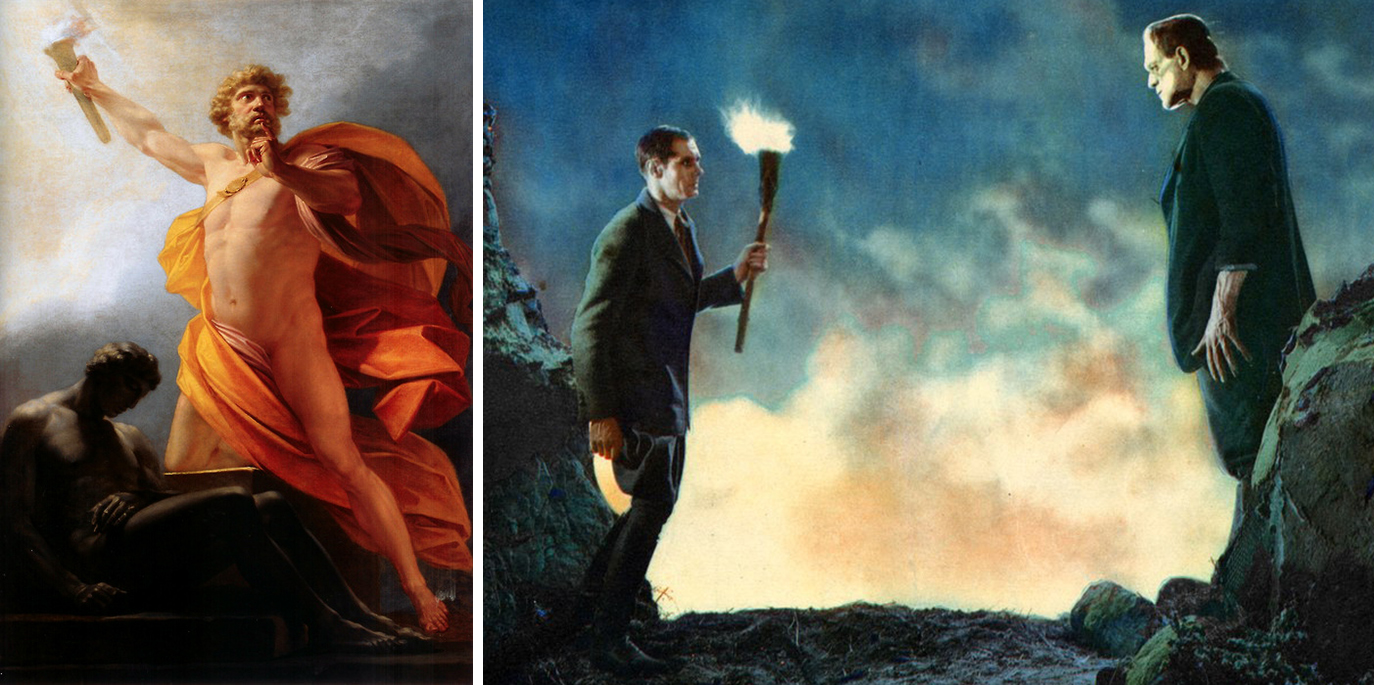
Samuel Cooper
Assistant Professor of English, American University in Cairo
Samuel Cooper is Assistant Professor of English at American University in Cairo (Cairo, Egypt). After receiving his PhD in Classics from Princeton University in 2015, he taught for several years as faculty in classics at Bard High School Early College in Queens, NY. His scholarship focuses on the intersections of classics, science fiction, and ecocriticism and has appeared in such journals as Classical Receptions Studies and the American Journal of Philology. He is currently editing a collection of essays on imagining disaster and ecocatastrophe in and through antiquity.

